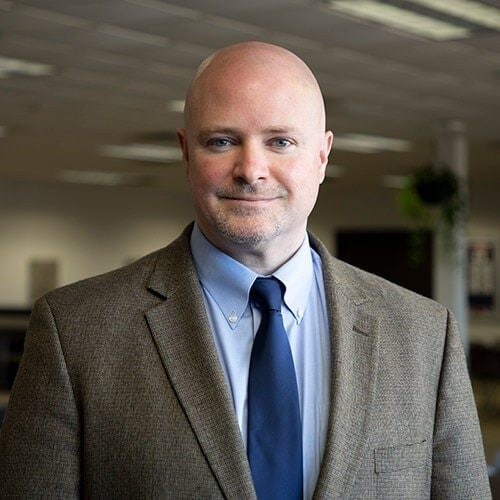Promoting Psychological Safety in the Classroom
Join Pearson author Noland White to learn how to foster a psychologically safe learning environment that encourages academic risk-taking and uses formative assessments to promote metacognition.
J. Noland White, Professor, Department of Psychological Science, Georgia College & State University
Psychological safety is vital to fostering effective learning in and out of the classroom. Facilitating a learning experience where students feel psychologically safe can help them become more comfortable and gain confidence in taking risks, actively participating, and even making mistakes without fear of judgment or ridicule.
Join Pearson author Noland White as he discusses ways to promote and facilitate a learning environment and experience that fosters learning and promotes psychological safety without sacrificing academic challenge. He will focus on strategies for establishing a positive classroom culture, encouraging an active and engaging classroom experience, and using formative assessment strategies to help students develop and apply metacognitive skills.
About the speaker

J. Noland White, Professor, Department of Psychological Science, Georgia College & State University
J. Noland White is a professor of psychology at Georgia College & State University (Georgia College), Georgia’s Public Liberal Arts University, located in Milledgeville. He received his A.A. in psychology from Macon State College and his B.S. and M.S. in psychology from Georgia College. After receiving his Ph.D. in counseling psychology from the University of Tennessee, he joined the faculty of Georgia College in 2001. He is a past recipient of the Georgia College Excellence in Teaching Award. He teaches Introductory Psychology, Psychology of Adjustment, Behavioral Neuroscience, Counseling and Clinical Psychology, a senior seminar on Intimate Relationships, and a section of Advanced Research Methods focusing on psychophysiology. Dr. White has an active lab and, with his students, is investigating the psychophysiological characteristics and neuropsychological performance of adults with and without attention-deficit/hyperactivity disorder (ADHD). Dr. White frequently presents at teaching conferences and has participated in national teaching-centered committees and task forces, including the American Psychological Association’s (APA) Summit on National Assessment in Psychology (SNAP). He has been active in APA’s Division 2: Society for the Teaching of Psychology (STP) and serves on the Committee of Examiners for the GRE Psychology Test. Dr. White is also a licensed psychologist who has worked with adolescents and adults in various clinical and community settings.